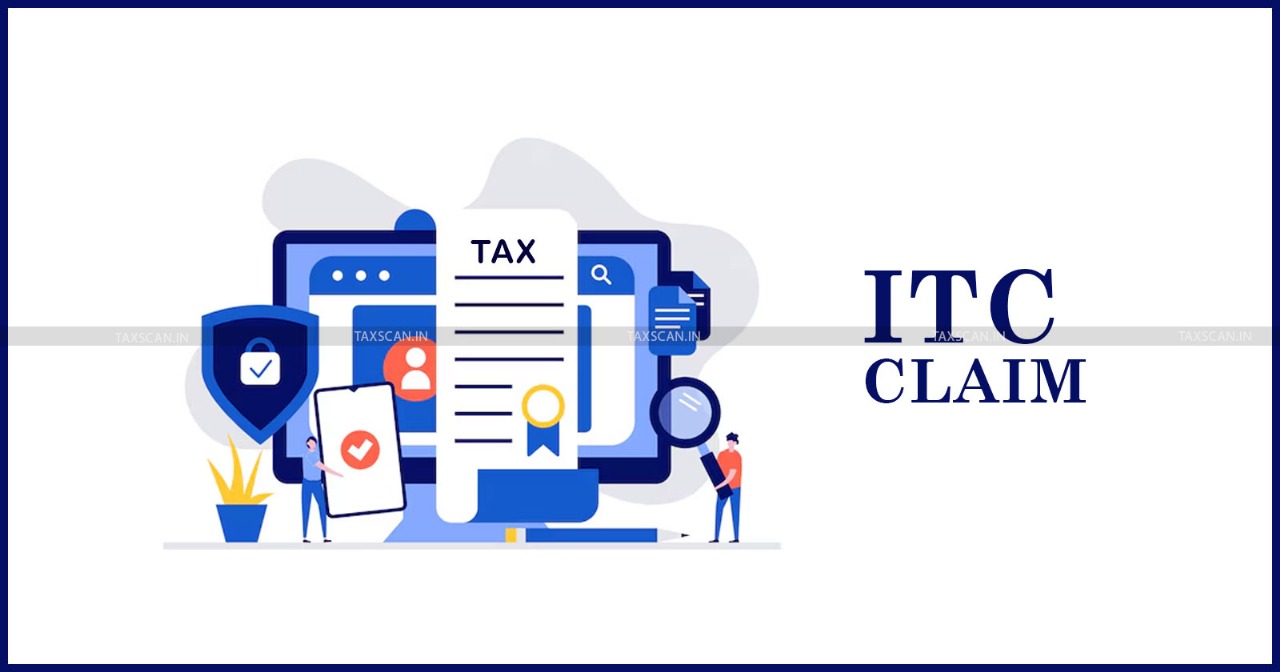CA Certificate Sufficient to Establish No Excise Duty Passed to Consumers, Refund Allowed: Delhi HC Grants Relief to Nokia [Read Order]
The Court held that crediting the refund to the Consumer Welfare Fund lacked justification and directed the refund, with applicable interest, to be paid within two months.
![CA Certificate Sufficient to Establish No Excise Duty Passed to Consumers, Refund Allowed: Delhi HC Grants Relief to Nokia [Read Order] CA Certificate Sufficient to Establish No Excise Duty Passed to Consumers, Refund Allowed: Delhi HC Grants Relief to Nokia [Read Order]](https://images.taxscan.in/h-upload/2025/07/21/2066869-nokia.webp)
The High Court of Delhi, upheld the Customs,Excise and Service Tax Appellate Tribunal
(CESTAT)’s order allowing refund claims of ₹2.33 crore and ₹3.43 crore to Nokia India Sales Pvt. Ltd., ruling that a Chartered Accountant (CA)’s certificate was sufficient to establish that the burden of excise duty was not passed on to consumers.
The Department-appellant, appealed against the order passed by CESTAT against the order dated 15th October, 2024 in Customs Appeal Nos. 50113/2020 and 50202/2020. These two appeals were filed challenging the decision.
3000 Illustrations, Case Studies & Examples for Ind-AS & IFRS, Click Here
In this case, Nokia India Sales Pvt.Ltd.,respondent-assessee, imported mobile phones during 2014–2015 and paid additional customs duty at 6% until February 2015. It later filed refund claims of ₹2.33 crore and ₹3.43 crore, relying on a Supreme Court ruling and claiming exemption under a specific entry of Notification No. 12/2012-CE.
The respondent claimed that the excess duty had not been passed on to consumers and submitted a certificate from a CA along with supporting documents. The department disputed this, stating that ledger accounts were not provided and the CA certificate was not conclusive. The respondent, however, maintained that all relevant records had been submitted.
On 23rd January 2017, the Adjudicating Authority (AA) sanctioned the refund amounts but directed that they be credited to the Consumer Welfare Fund under Section 27(2) of the Customs Act, 1962. The respondent challenged these orders, but the appeals were dismissed on 5th September 2019.
On 18th December 2019, the respondent company filed appeals before the CESTAT against the order dated 5th September 2019.The CESTAT held that the CA’s certificate was sufficient to show that the duty burden had not been passed on to buyers and rejected the department’s objection about lack of additional evidence.
It set aside the orders passed by the Commissioner (Appeals), which had directed the refund amounts to be credited to the Consumer Welfare Fund. The tribunal allowed the appeals and directed that the respondent be paid the refund amounts of ₹3.43 crore and ₹2.33 crore, along with consequential relief.
Know How to Prepare Estimation and Viability for Project Reports? Know more Click here
 Also Read:Fraudulent ITC Claims Severely Harm GST System, Writ Jurisdiction to Be Used Sparingly: Delhi HC [Read Order]
Also Read:Fraudulent ITC Claims Severely Harm GST System, Writ Jurisdiction to Be Used Sparingly: Delhi HC [Read Order]
The department counsel argued that the main issue was whether a CA’s certificate alone was enough to prove that the duty was not passed on to consumers, without submitting supporting documents like ledger accounts. He claimed that the respondent had not discharged this burden.
In response, the respondent’s counsel stated that the company had submitted the CA’s certificate along with ledger accounts and all relevant documents before the AA. He also relied on two earlier decisions in support of the company’s claim.
The Court observed that under Section 27(2) of the Customs Act, the AA has the discretion to credit refunds to the Consumer Welfare Fund.
In this case, the Court noted that the CESTAT had rightly accepted the CA’s certificate submitted by the respondent as sufficient proof that the duty was not passed on to consumers. The department did not provide any evidence to dispute it.
It pointed out that all three authorities had examined the issue, and while the refund was sanctioned in the original order, it was wrongly credited to the Consumer Welfare Fund without proper reasoning.
Justice Prathiba M.Singh and Justice Rajneesh Kumar Gupta held that the respondent had discharged its burden by submitting the CA certificate and relevant documents, and in the absence of any contrary evidence, there was no justification to deny the refund.
Tax Planning For Trusts and cooperation Societies - CLICK HERE
The bench upheld the CESTAT’s decision and directed the refund, along with interest as per law, to be paid to the respondent within two months.
On the Court’s query, the respondent agreed to contribute ₹25 lakhs to the Consumer Welfare Fund and ₹10 lakhs to the Delhi High Court Bar Association. These contributions were directed to be made within one month after the refund. The petitions were disposed of.
Support our journalism by subscribing to Taxscan premium. Follow us on Telegram for quick updates


